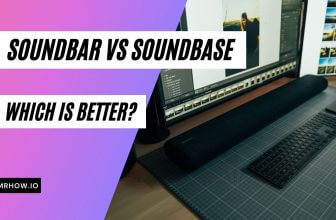Computer users may have heard of KB, MB, or GB once in their life. These technical terms are hard to remember and identify if you are a low-tech user.
If you wonder what the difference between GB and MB is, this post can give you a detailed and simple explanation. We will discuss “GB or MB” in a simple way to help you understand this issue better. Ensure that you follow the information carefully to distinguish between these measuring units.
GB to MB Converter Online
To use the Computer Memory Size Converter Online (MrHow), start by selecting the unit of memory you want to convert from the drop-down menu, such as kilobytes (KB), megabytes (MB), gigabytes (GB), terabytes (TB), etc.
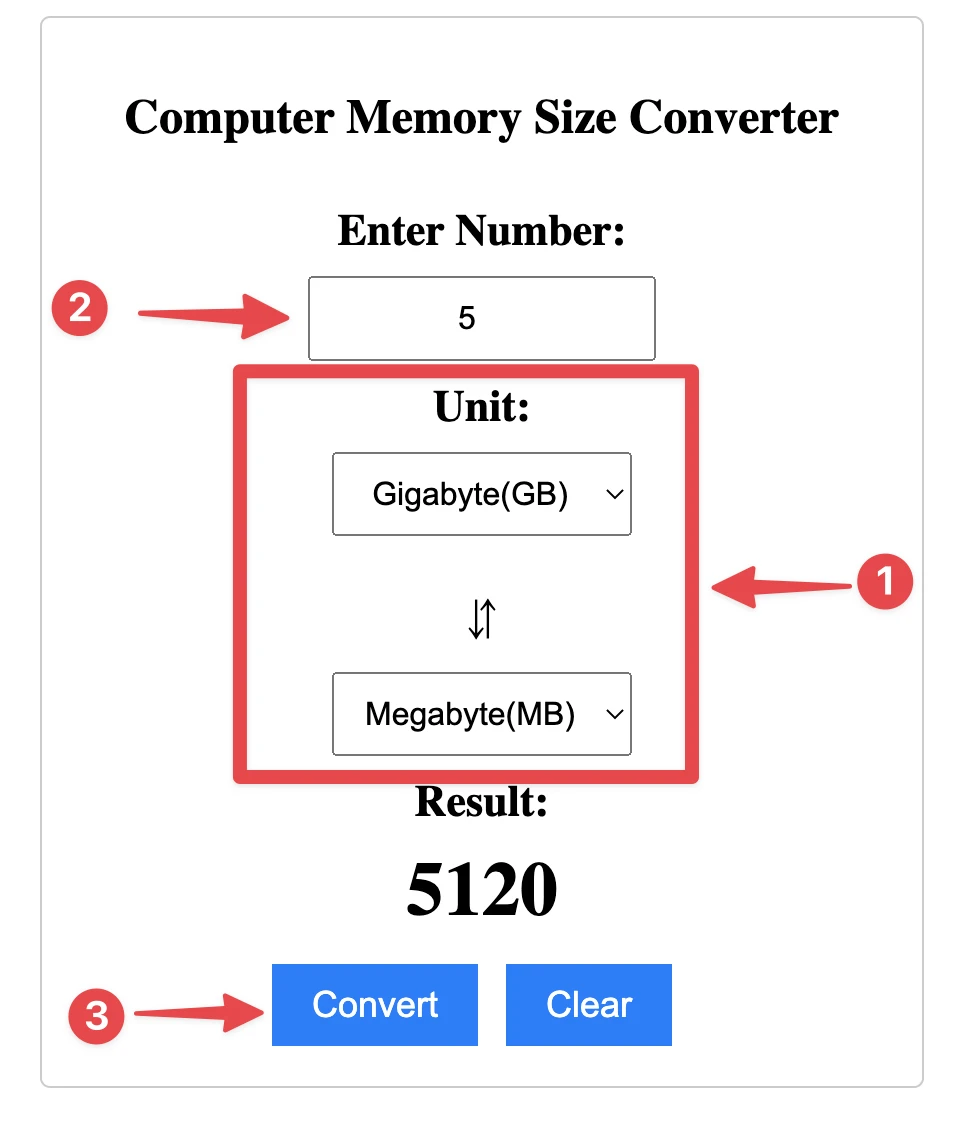
Once you’ve selected the appropriate unit, enter the numerical value you wish to convert in the provided field. The default value is 1.
Click on the ‘Convert’ button. The converter will instantly provide you with the equivalent memory size in the selected unit.
What Are Gb And Mb?
Gb and MB are the measuring units of computer storage. We can estimate the data of a song, game, or file on our computer based on this information.
That is why the games and files have their accompanying measuring units when you download them. A smartphone has a storage capacity of 32 GB to 128 GB or more.
Based on the first letter of the measuring unit, the data storage will be very different. To understand these technical terms in detail, we must know the basics of data measuring units.
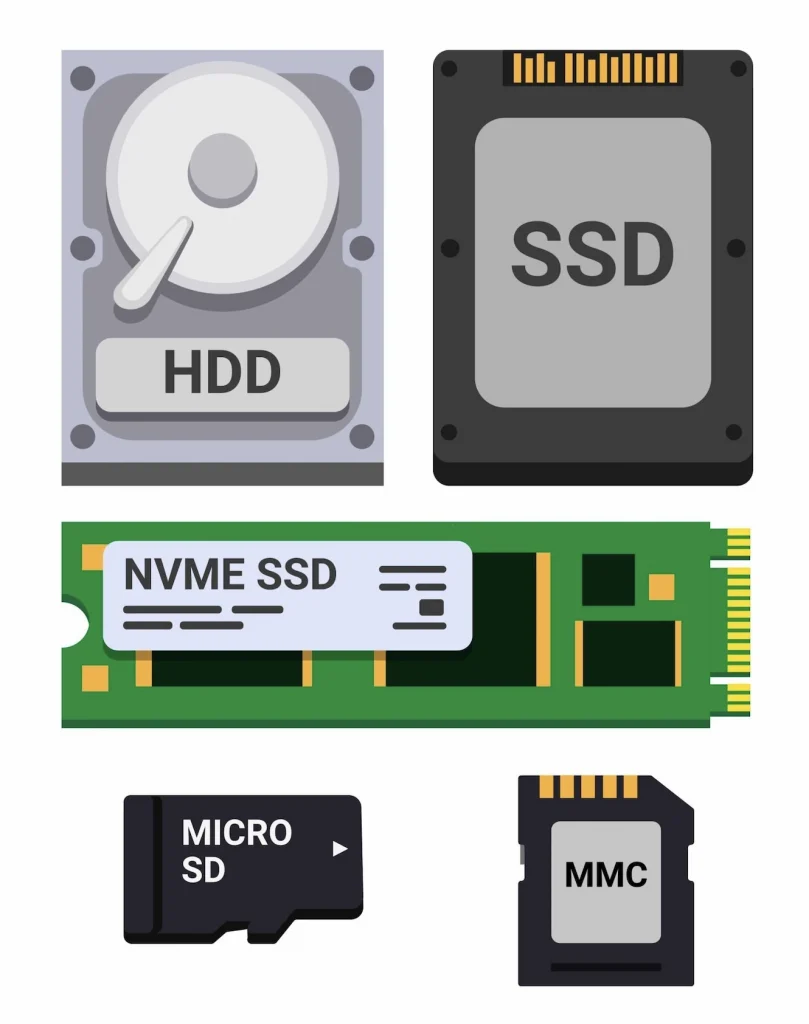
Bit
A bit or binary digit is the fundamental or smallest measuring unit of a computer’s data, consisting of single binary values (0 and 1). Every eight bits equal one bite.
The bit is also known as the information unit or “Shannon”. There are multiple ways to express the meaning of bits.
Byte
Bite is the basic measuring unit of digital information or the songs and files displayed on our screen. A byte is a string consisting of multiple bits (usually 4 to 8 bits).
One letter displayed on the computer equals one byte and eight bits. For example, the word “run” consists of 24 bits.
Kilobyte
To put it simply, a kilobyte is a bigger data measuring unit similar to the bytes. One kilobyte equals 1024 bytes. We often encounter this storage unit in small files such as word documents.
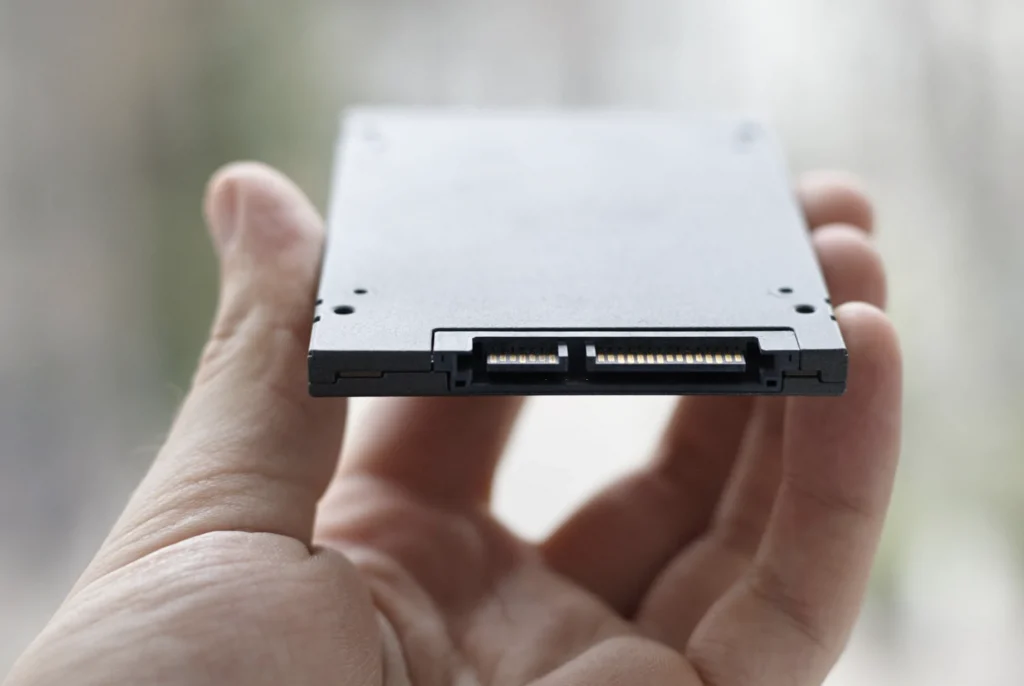
Megabyte
The storage units will get bigger and have different names. In that order, one megabyte or one MB is simply a bigger measuring unit equalling 1,048,576 bytes.
You may easily get confused between a kilobyte and megabyte and don’t know which is bigger. Some examples of MB are songs and videos.
Songs that last a few minutes contain 3 – 4 MB of information. Most of your laptop’s regular files and folders are measured in this storage unit.
Gigabyte
The gigabyte or GB is one of the largest and most popular data units. One kb equals approximately one billion bytes or 1000 megabytes.
This data unit is widely used to describe the storage capacity of modern devices, rams, or memories. For example, a regular computer may store up to 100 GB.
The higher the storage capacity, the more expensive the device gets. There are some other bigger measuring units, such as gigahertz or terabytes, which are thousands of times larger than one GB.

The Difference Between Gb And Mb
Based on the information provided, we can conclude that a GB is one thousand times bigger than an MB. (1 GB = 1024 MB).
To convert between these units, you have to grasp the right order, which takes time to remember. The right order should be bit < byte < megabyte < gigabyte < terabyte.
The following units are 1024 times larger than the previous ones. However, the most common storage units are byte, mg, GB, and TB, so it is important to understand their differences.
If you want more in-depth information, consider watching the video below
FAQS
This part will answer the commonly asked questions relating to this issue.
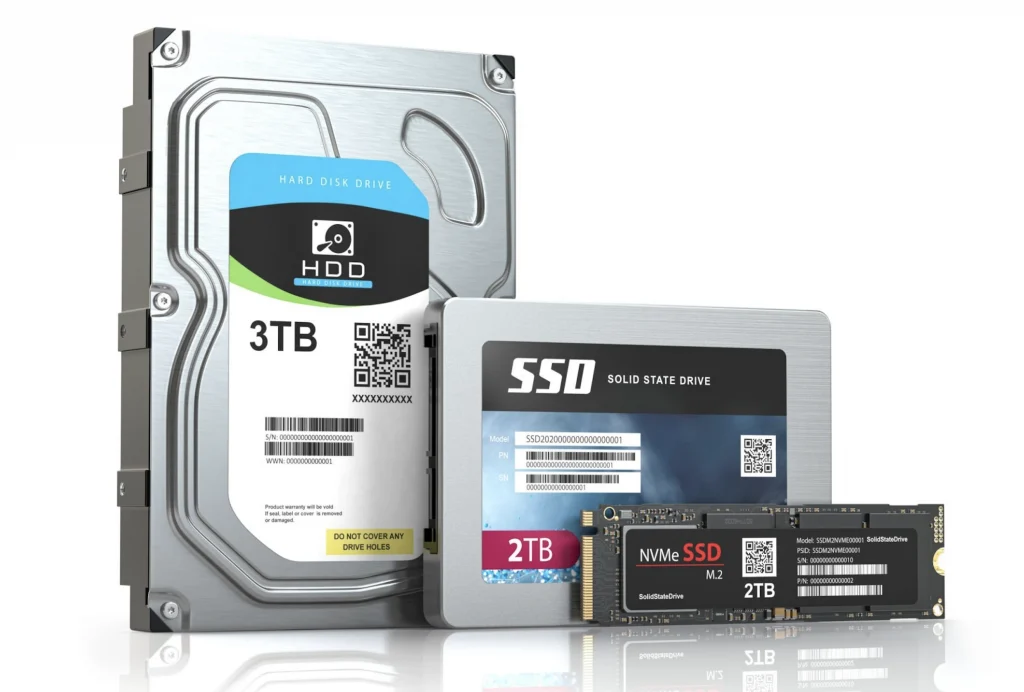
1. What is the difference between a gigabyte and a megabyte?
Gigabytes and megabytes are units of measurement used to denote the amount of data that can be stored on a computer or other device. In general, gigabytes represent much larger amounts of data than megabytes, although there are some computing applications where the two units are used interchangeably.
2. What is the difference in terms of file size?
Gigabytes allow for much larger file sizes than megabytes, meaning that more data can be stored in a single file. This is particularly important for high-resolution video and audio files, which can take up a significant amount of space.
3. Which unit is more common?
Gigabytes are much more common than megabytes, particularly in terms of storage capacity. This is due to the ever-increasing demand for larger and faster storage devices, as well as the declining cost of gigabyte-based technologies.
4. What are some common uses for these units?
Gigabytes and megabytes are commonly used to measure the amount of data that can be stored on a computer hard drive, as well as the size of files such as video and audio. They are also used to denominate the speed of internet connections.
5. What Is The Biggest Measuring Unit?
The biggest data unit is a yottabyte, which is equal to one quadrillion gigabytes.
6. One Gb Equals How Many Mb?
One gigabyte equals exactly 1024 megabytes. To convert the GB into MB more easily, you just have to multiply the original number by 1000.
Conclusion
We hope that you are satisfied with the explanations provided in this post. Understanding the basics of these storage units will help you use the computer more efficiently. Thank you for reading!



